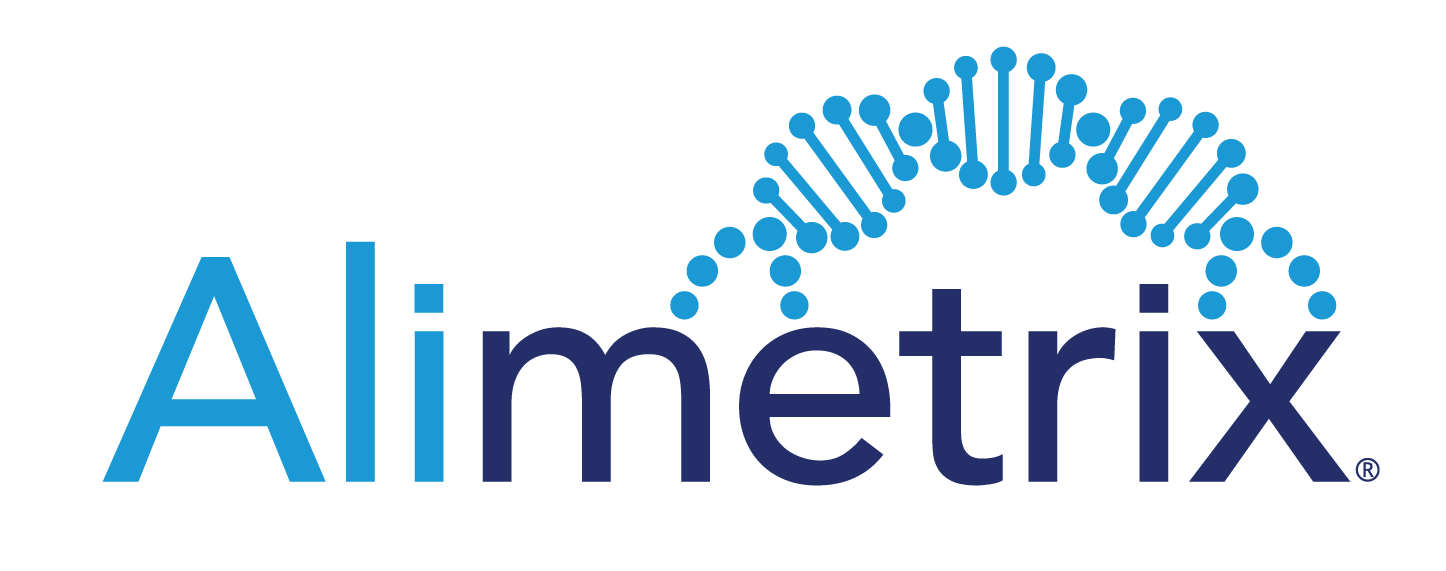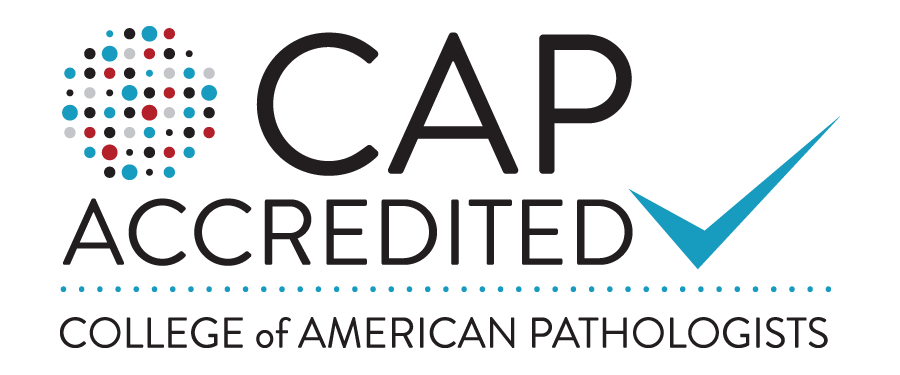“Test-of-cure” follow-up testing is not recommended for Mycoplasma unless symptoms persist.
M. genitalium lacks a cell wall, and thus antibiotics targeting cell-wall biosynthesis (e.g., ß-lactams including penicillins and cephalosporins) are ineffective against this organism. Because of the high rates of macrolide resistance with treatment failures (707) and efficient selection of additional resistance, a 1-g dose of azithromycin should not be used.
Two-stage therapy approaches, ideally using resistance-guided therapy, are recommended for treatment. Resistance-guided therapy has demonstrated cure rates of >90% and should be used whenever possible (759,963); however, it requires access to macrolide-resistance testing. As part of this approach, doxycycline is provided as initial empiric therapy, which reduces the organism load and facilitates organism clearance, followed by macrolide-sensitive M. genitalium infections treated with high-dose azithromycin; macrolide-resistant infections are treated with moxifloxacin (964,965).
If M. genitalium is detected by an FDA-cleared NAAT: Doxycycline 100 mg orally 2 times/day for 7 days, followed by moxifloxacin 400 mg orally once daily for 7 days.
Although the majority of M. genitalium strains are sensitive to moxifloxacin, resistance has been reported, and adverse side effects and cost should be considered with this regimen. In settings without access to resistance testing and when moxifloxacin cannot be used, an alternative regimen can be considered, based on limited data: doxycycline 100 mg orally 2 times/day for 7 days, followed by azithromycin (1 g orally on day 1 followed by 500 mg once daily for 3 days) and a test of cure 21 days after completion of therapy (963). Because of the high prevalence of macrolide resistance and high likelihood of treatment failure, this regimen should be used only when a test of cure is possible, and no other alternatives exist. If symptomatic treatment failure or a positive test of cure occurs after this regimen, expert consultation is recommended. Data are limited regarding use of minocycline in instances of treatment failure (966).
CDC Recommended PID treatment regimens are not effective against M. genitalium. Initial empiric therapy for PID, which includes doxycycline 100 mg orally 2 times/day for 14 days, should be provided at the time of presentation for care. If M. genitalium is detected, a regimen of moxifloxacin 400 mg orally once daily for 14 days has been effective in eradicating the organism. Nevertheless, no data have been published that assess the benefits of testing women with PID for M. genitalium, and the importance of directing treatment against this organism is unknown.



